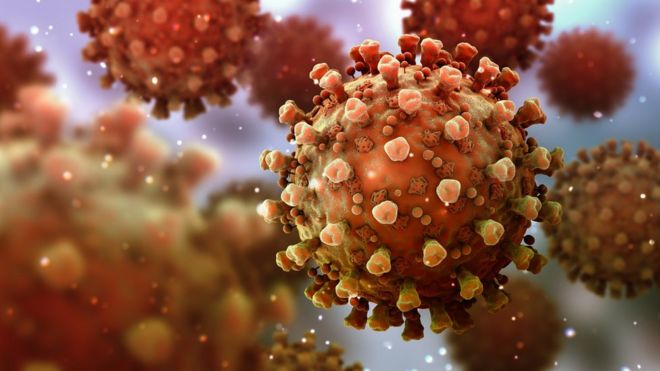They state genome sequencing
shows the two strains of the infection are "plainly unique", making
it the world's initially demonstrated instance of reinfection.
The World Health Organization cautions it is significant not to form a hasty opinion dependent on the instance of one patient.
Furthermore, specialists state reinfections might be uncommon and not really genuine.
There have been in excess of 23 million instances of coronavirus contamination around the globe.
- Coronavirus immunity: Can you catch it twice?
- More could have Covid immunity than tests suggest
- Can you become immune to coronavirus?
Those contaminated build up a resistant reaction as their bodies ward off the infection which assists with ensuring them against it returning.
The most grounded resistant reaction has been found in the most truly sick patients.
However, it is as yet not satisfactory how solid this assurance or insusceptibility is - or how long it endures.
What's more, the World Health Organization said bigger investigations after some time of individuals who had recently had coronavirus were expected to discover more.
This report, by the University of Hong Kong, due to be distributed in Clinical Infectious Diseases, says the man went through 14 days in medical clinic before recouping from the infection yet at that point, in spite of having no further side effects, tried positive for the infection a subsequent time, following a salivation test during air terminal screening.
"This is an extremely uncommon case of reinfection," said Brendan Wren, teacher of microbial pathogenesis, at London School of Hygiene and Tropical Medicine.
"Furthermore, it ought not discredit the worldwide drive to create Covid-19 immunizations.
"It is not out of the ordinary that the infection will normally change after some time."
Dr Jeffrey Barrett, senior logical expert for the Covid-19 genome venture at the Wellcome Sanger Institute, stated: "Given the quantity of worldwide diseases to date, seeing one instance of reinfection isn't excessively astounding regardless of whether it is an uncommon event.
"It might be that subsequent contaminations, when they do happen, are not genuine - however we don't know whether this individual was irresistible during their subsequent scene."
Prof Paul Hunter, from the University of East Anglia, said more data regarding this and different instances of reinfection was required "before we can truly comprehend the suggestions".

0 Comments